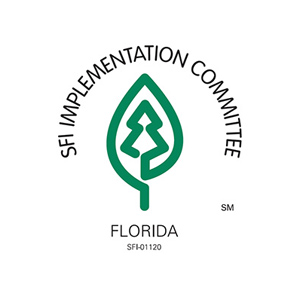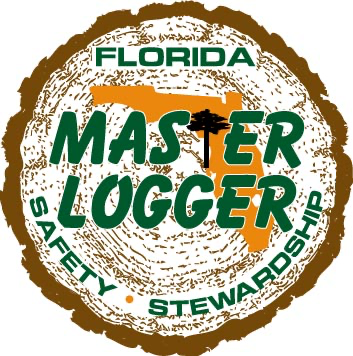
Wiregrass Ecological Associates (WEA) Forester Alex Harvey was recently featured on the 97th episode of the Blood Origins Podcast. The Blood Origins podcast uses unique storytelling to raise awareness for conservation and change how hunting is viewed. Episodes encompass all aspects of hunting and conservation, featuring guests like Weatherby Award Winner Enrique Zamacola, Matt Drury (Drury Outdoors), and Cuz Strickland (Mossy Oak).
Blood Origins host Robbie Kroger and Mr. Harvey met in our Gulfport, Mississippi office to chat about humanizing hunting and the current stereotypes that come with being a hunter. Mr. Harvey encourages those to break the mold on what it means to be and look like a hunter, emphasizing that any and everyone can be a hunter no matter who you are or where you come from. The podcast can be found on Audible or Apple Podcasts and by clicking the link here: Episode 97 – On Humanizing Hunting
Mr. Harvey holds a BS degree from Mississippi State University in Forestry (with a Wildlife Management concentration) and has over 15 years of experience working in the public agency, non-profit, and private forestry sectors. He is a Registered Forester and USDA Forestry Technical Service Provider in Alabama and Mississippi.
 Loggers earn their Florida Master Logger certification by completing this workshop which includes modules on safety, business management, and environmental regulations. George Fullerton, WEA Senior Biologist, presented about logging considerations for imperiled species in Florida. His program discussed the history and status of environmental regulations in US and Florida, detailed descriptions of imperiled plant and animal species and critical habitats in Florida, best management practices and regulations for interacting with these species and their habitats, potential future listings and legal challenges, and the value of logger’s efforts towards biodiversity and conservation. This opportunity to address loggers is valuable because the SFI Principles call upon every program participant to meet market demands while complying with applicable laws and agreeing to use environmentally responsible practices that promote the protection of biodiversity, wildlife, plants, soil, water, and air quality. WEA has presented environmental modules during this Master Logger training workshop since 2016.
Loggers earn their Florida Master Logger certification by completing this workshop which includes modules on safety, business management, and environmental regulations. George Fullerton, WEA Senior Biologist, presented about logging considerations for imperiled species in Florida. His program discussed the history and status of environmental regulations in US and Florida, detailed descriptions of imperiled plant and animal species and critical habitats in Florida, best management practices and regulations for interacting with these species and their habitats, potential future listings and legal challenges, and the value of logger’s efforts towards biodiversity and conservation. This opportunity to address loggers is valuable because the SFI Principles call upon every program participant to meet market demands while complying with applicable laws and agreeing to use environmentally responsible practices that promote the protection of biodiversity, wildlife, plants, soil, water, and air quality. WEA has presented environmental modules during this Master Logger training workshop since 2016. The FFA administers the Master Logger program for the Florida SFI-SIC. The program is designed to enhance the professionalism of loggers through training in safety, timber harvesting, business, and environmental regulations. Following initial training, Master Loggers must complete Continued Logging Education (CLE) credits annually to maintain their certification.
The FFA administers the Master Logger program for the Florida SFI-SIC. The program is designed to enhance the professionalism of loggers through training in safety, timber harvesting, business, and environmental regulations. Following initial training, Master Loggers must complete Continued Logging Education (CLE) credits annually to maintain their certification.